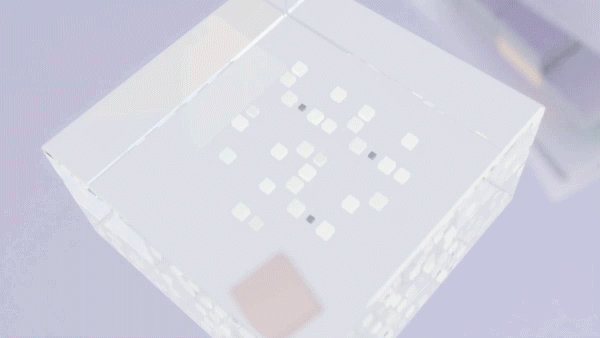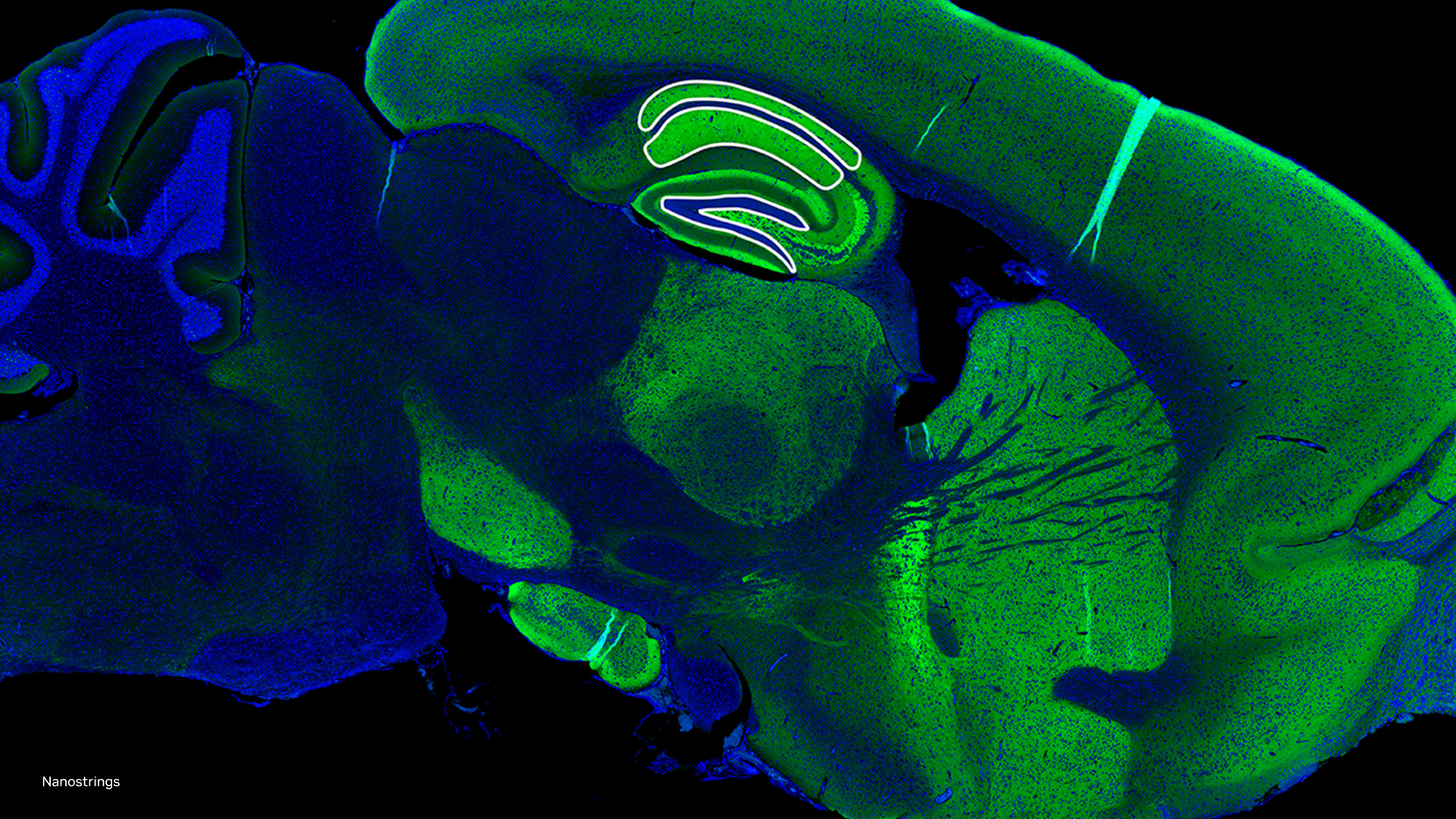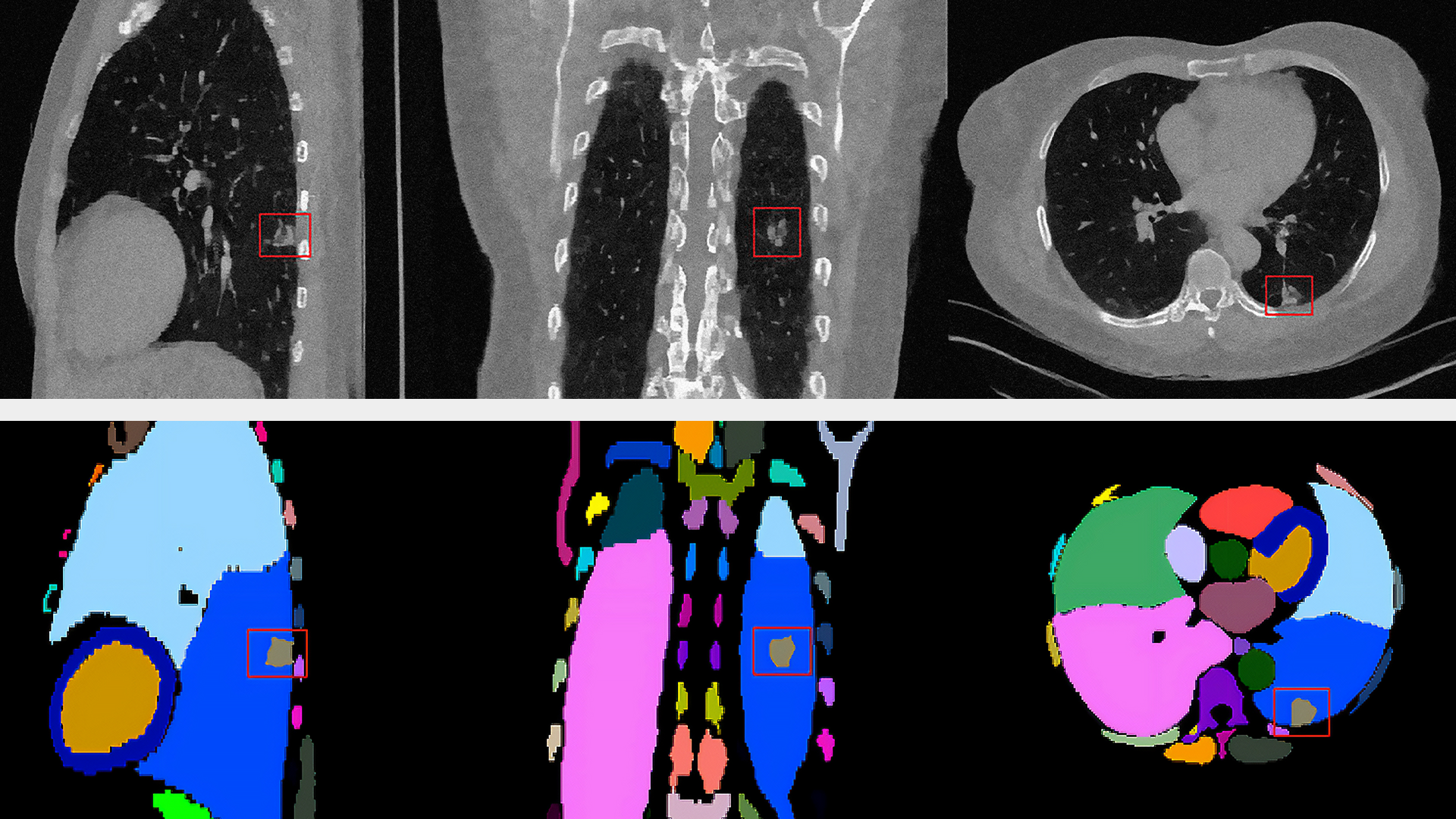What if you could spend 8 hours with an AI legend while getting hands-on experience using some of the most advanced GPU and DPU technology available?
As part of the upcoming GPU Technical Conference, the NVIDIA Deep Learning Institute (DLI) is offering 20 full-day workshops covering a range of deep learning, data science, and accelerated computing topics. In each workshop, you are given access to a fully configured, GPU-accelerated server in the cloud. You gain experience building and deploying an end-to-end project using industry-standard software, tools, and frameworks while learning from some of the most experienced AI practitioners in the industry.
All workshops are created and taught by NVIDIA experts. Here are three who are teaching DLI workshops at GTC:
- Bob Crovella (USA)
- Adam Grzywaczewski (England)
- Gwangsoo Hong (Korea)
Bob Crovella, NVIDIA solution architect (USA)

Bob has been a solution architect and field application engineer in the areas of scientific simulation, HPC, and deep learning for almost 25 years at NVIDIA. He and his teams have helped hundreds of customers and partners figure out how to leverage the capabilities of accelerated computing to solve some of the world’s most difficult problems.
After NVIDIA introduced CUDA in 2007, Bob was one of the first to train customers and partners on how to unlock the power of GPUs and has since become one of the leading experts on parallel computing architecture.
“It’s breathtaking. When I first learned to program CUDA, I was amazed by what the machine is capable of and the power you can unlock with your code. You witness something speed up dramatically, like 10X or 100X faster. And suddenly you have this realization that this thing is everything they said it was. I know this is kind of geeky, right? But through my work and teaching DLI, I get to give that same opportunity to others to experience that kind of excitement—to program the most powerful piece of processing hardware on the planet. It’s not an experience that everyone gets.”
Bob earned a BS in electrical and electronics engineering from the University of Buffalo and a Master’s of Electrical Engineering from Rensselaer Polytechnic Institute. He is currently certified to teach four DLI courses.
At GTC, Bob will be teaching Scaling CUDA C++ Applications to Multiple Nodes on Monday, September 19 from 9 AM to 5 PM PDT. “This is one of the most advanced CUDA programming classes that we offer. We help students take GPU programming to the next level: using multiple computers in a cluster to solve bigger and bigger problems.”
Adam Grzywaczewski, NVIDIA senior deep learning solution architect (England)

Adam is a senior deep learning solution architect at NVIDIA. Over the last 5 years, he has worked with hundreds of customers helping them design and implement AI solutions. He specializes in large training workloads and neural networks that require hundreds of GPUs to train and run.
“When I first started at NVIDIA, DGX was new. In fact, I have the first prototype of a DGX Station here under my desk. Over time, I have seen customers systematically start to migrate to intensive work on very large systems, very large training jobs, and a surprisingly large number of inference workloads. We are seeing customers have a lot of very serious conversations and engineering work around deployment to production.”
Adam has co-authored two DLI workshops, is certified in six workshops, and has taught the most workshops among the EMEA solution architects in the past year.
“Our workshops are very focused, and they are designed with a very pragmatic attitude—to solve the problems that they are advertised to solve. We distill huge amounts of knowledge into each course, information that doesn’t exist in such a distilled format anywhere else. And you get direct access to fully configured GPUs. In a course that we just released, the student starts the training process of an extremely large language model and then deploys that model to production. And with just a couple of clicks, teaches that model how to translate and how to answer the questions. It’s actually quite empowering.”
Adam received his BS in information retrieval from Coventry University, his MS in computer science from the Silesian University of Technology, and his Ph. D. from Coventry University.
At GTC, Adam will be teaching Model Parallelism: Building and Deploying Large Neural Networks.
Gwangsoo Hong, NVIDIA solution architect (Korea)

Gwangsoo has been a solution architect with NVIDIA for almost 4 years. His current responsibilities include helping customers get the most value out of their NVIDIA full-stack platform. He specializes in computer vision and NLP with deep learning with expertise in GPU acceleration for large-scale models. He is certified in eight DLI workshops and is one of our most sought-after instructors in Korea.
“The part I love the most about being a DLI instructor is working with various students and teaching them about end-to-end deep learning workloads like training, inference, and services; helping them learn about different workloads and application domains; and materializing their ideas. It’s also rewarding to teach students of all backgrounds and ages and see them successfully complete the DLI course. I learn something from each of them. The reaction I get most often from my students is, ‘This can’t be.”
At GTC, he will also be teaching Model Parallelism: Building and Deploying Large Neural Networks on Wednesday, September 21 from 9 AM to 6 PM KST.
Register now for early discounts
Don’t miss this unique opportunity to take your AI skills to the next level. Registration for the conference is free and the DLI workshops are offered at a special price of $149, or $99 if you register before August 28 (normally $500 per seat.)
For the complete list, see GTC Workshops & Training. Some workshops are available in Taiwanese, Korean, and Japanese and are scheduled in those respective time zones.










